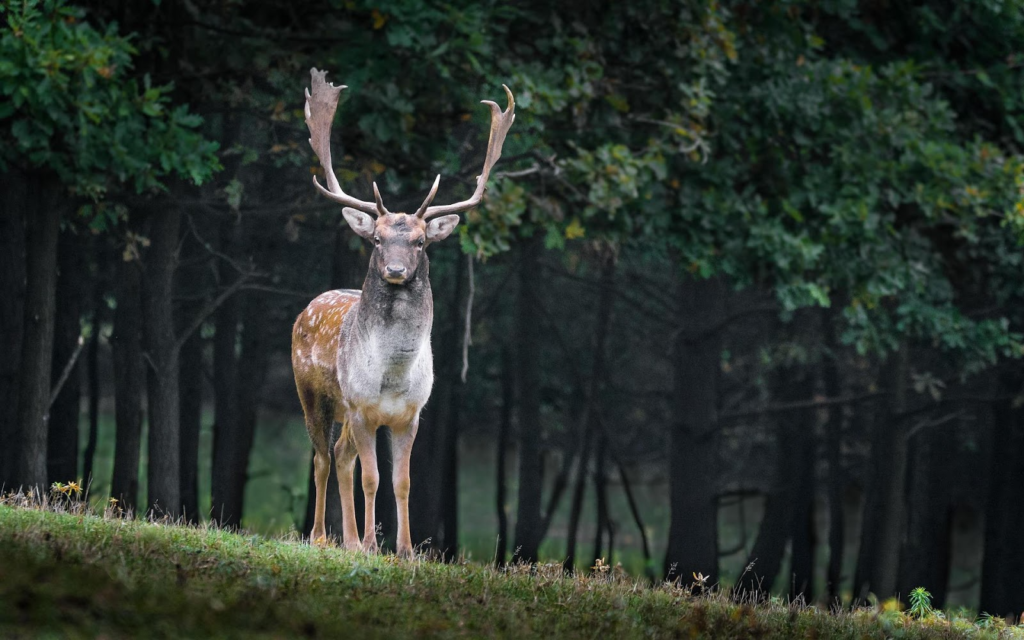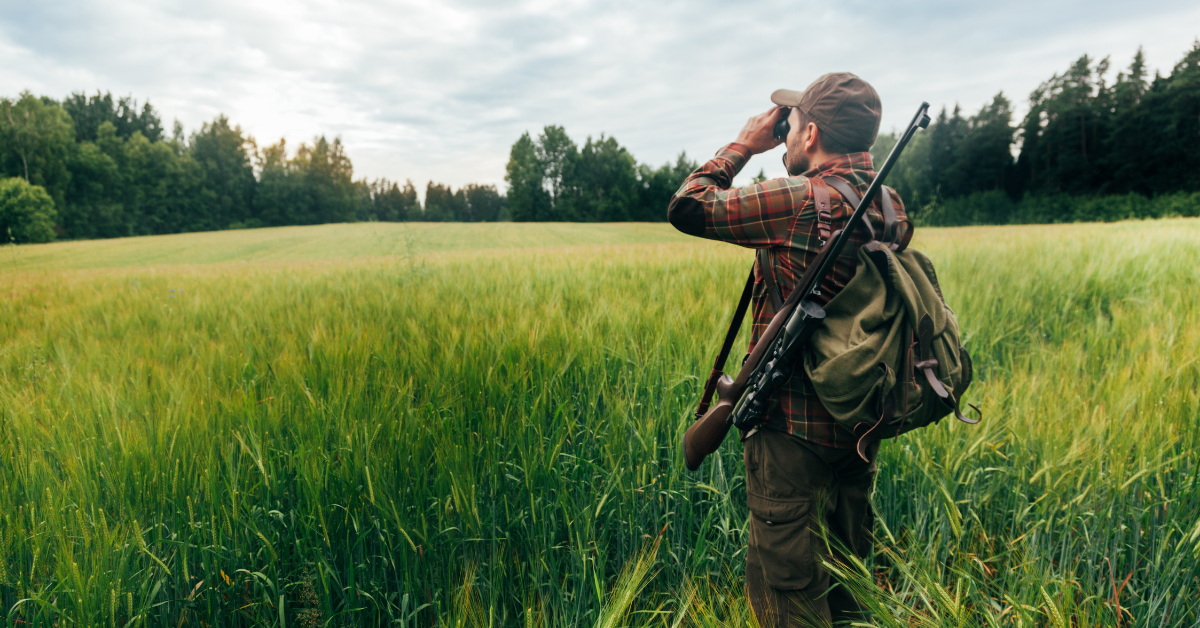Hunting is a popular sport that requires patience, skill, and a deep respect for nature. However, it can also be dangerous if proper safety measures are not taken.

This article will discuss essential guidelines for hunting safety, including preparation, gun and equipment safety, hunting in groups, hunting in different environments, and first aid and emergency preparedness.
Before You Go Hunting
Preparation is critical to a successful and safe hunting trip. Before heading out into the field, ensure you have all the necessary gear and equipment. This includes a reliable firearm, ammunition, hunting knife, first aid kit, map and compass, water, food, and appropriate clothing for the weather conditions.
It’s also essential to research and follows hunting regulations in your area. This can include obtaining the necessary permits and licenses, knowing the hunting seasons and bag limits for different game animals, and understanding any restrictions on hunting methods or equipment.
Lastly, check the weather forecast before you go hunting. Extreme weather conditions can make hunting dangerous, so it’s essential to be prepared and adjust your plans if necessary.
Gun and Equipment Safety
One of the most important aspects of hunting safety is proper gun handling and never point it at anything you don’t intend to shoot. Before handling a gun, ensure that it’s unloaded and that safety is engaged.

Make sure your firearm is in good condition and properly maintained. This includes cleaning and oiling it regularly and storing it securely away from children and unauthorized users.
When transporting firearms, ensure they are unloaded and secured in a case. It’s also essential to transport ammunition separately from the firearm.
Aside from gun safety, using and maintaining other hunting equipment properly is important. This includes wearing appropriate clothing and footwear for the environment, using a tree stand or other elevated platform safely, and ensuring your hunting knife is sharp and stored in a sheath when not in use.
And if you are looking for robust binoculars that can handle rough terrains and rough handling, head to DeerHuntingGuide.net to discover the 17 best hunting binoculars for 2023, complete with expert reviews and recommendations to help you find the perfect pair to try out. They have more hunting gear if you are looking for something more specific.
Additional Gun and Equipment Safety Tips:
- Always treat your firearm as if it’s loaded.
- Ensure that safety is engaged before handling a gun.
- Store firearms in a secure place away from unauthorized users.
- Transport firearms unloaded and secured in a case.
Hunting in Groups
Hunting with a partner or group can be beneficial for safety reasons. When hunting in a group, make sure everyone knows each other’s location and always communicate any movements or actions.
Situational awareness is vital when hunting in a group.
Always be aware of your surroundings and other hunters in the area. Avoid shooting toward buildings, roads, or other areas where people may be present.
Additional Hunting in Groups safety tips:
- Communicate movements and actions with your hunting partners.
- Wear brightly colored clothing to help others identify your location.
- Avoid stalking or chasing games towards other hunters.
- Identify your target and what’s beyond it before firing.
Hunting in Different Environments
Hunting in different environments can present unique challenges and hazards. For example, hunting in mountainous areas may require additional precautions to prevent falls or hypothermia. Hunting in wetlands may require waterproof clothing and footwear to avoid exposure to cold water.

To stay safe while hunting in different environments, it’s important to research and understand the unique hazards and precautions for each area. This may include carrying additional gear or equipment, such as crampons or snowshoes for mountain hunting or a compass and map for navigating dense forests.
Additional Hunting in Different Environments safety tips:
- Research and understand unique hazards and precautions for each environment.
- Stay hydrated and avoid overexertion in hot weather.
- Wear appropriate clothing and footwear for the environment.
- Carry a compass and map for navigating dense forests or other challenging terrains.
First Aid and Emergency Preparedness
Even with proper safety measures, accidents can still happen while hunting. That’s why it’s important to be prepared with a first aid kit and basic first aid skills. A well-stocked first aid kit should include bandages, antiseptic, gauze, and tweezers.

Knowing how to respond to common hunting injuries and emergencies is also essential. This includes knowing how to treat cuts, burns, and insect bites and recognizing and responding to hypothermia, dehydration, and other outdoor-related illnesses.
In addition to first aid, it’s crucial to have an emergency plan in place. This includes knowing how to signal for help, carrying a charged cell phone or radio, and having a backup plan in an emergency. It’s good to inform a friend or family member of your hunting plans and expected return time. If you’re overdue, they can alert authorities and initiate a search and rescue mission if necessary.
Additional First Aid and Emergency Preparedness safety tips:
- Carry a well-stocked first aid kit with bandages, antiseptic, and gauze.
- Learn basic first aid skills for common hunting injuries and illnesses.
- Carry a charged cell phone or radio.
- Have a backup plan in an emergency, such as a designated meeting place or alternate route.
Conclusion
Hunting can be a fun and rewarding sport, but it’s crucial to prioritize safety above all else. By following these essential guidelines for hunting safety, you can minimize the risks and enjoy your hunting trip to the fullest.
Always be prepared, use proper gun and equipment safety, hunt in groups, research and prepare for different environments, and have a first aid kit and emergency plan in place.
Additionally, Hunting trips can be expensive, but with the right strategies, you can save money on accommodations and stretch your budget further. Check out this helpful guide on How to Find Cheap Places to Stay, so you can make the most of your hunting trip without breaking the bank.

